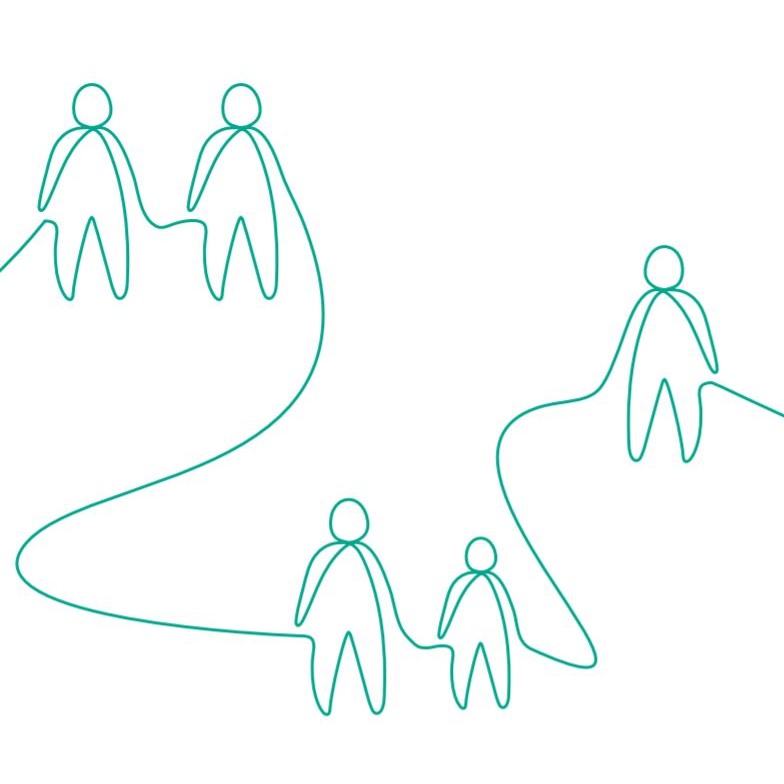To provide the best experiences, we use technologies like cookies to store and/or access device information. Consenting to these technologies will allow us to process data such as browsing behaviour or unique IDs on this site. Not consenting or withdrawing consent, may adversely affect certain features and functions.
The technical storage or access is strictly necessary for the legitimate purpose of enabling the use of a specific service explicitly requested by the subscriber or user, or for the sole purpose of carrying out the transmission of a communication over an electronic communications network.
The technical storage or access is necessary for the legitimate purpose of storing preferences that are not requested by the subscriber or user.
The technical storage or access that is used exclusively for statistical purposes.
The technical storage or access that is used exclusively for anonymous statistical purposes. Without a subpoena, voluntary compliance on the part of your Internet Service Provider, or additional records from a third party, information stored or retrieved for this purpose alone cannot usually be used to identify you.
The technical storage or access is required to create user profiles to send advertising, or to track the user on a website or across several websites for similar marketing purposes.
 A new study from Kimble Applications claims that workers are predisposed to be happiest at agile organisations and would appreciate managers who speak less and listen more. According to the report, Britain’s employees are fed up with overbearing bosses, hungry to participate more at work and wished they had more of a two-way dialogue with their superiors, new research has found. The survey also claims that more than two-thirds of British workers (69 per cent) feel they could do their job just as well or even better without their manager’s input. (more…)
A new study from Kimble Applications claims that workers are predisposed to be happiest at agile organisations and would appreciate managers who speak less and listen more. According to the report, Britain’s employees are fed up with overbearing bosses, hungry to participate more at work and wished they had more of a two-way dialogue with their superiors, new research has found. The survey also claims that more than two-thirds of British workers (69 per cent) feel they could do their job just as well or even better without their manager’s input. (more…)



































October 14, 2019
The importance of patience in the workplace
by Antonio Argandoña • Comment, Wellbeing, Working lives